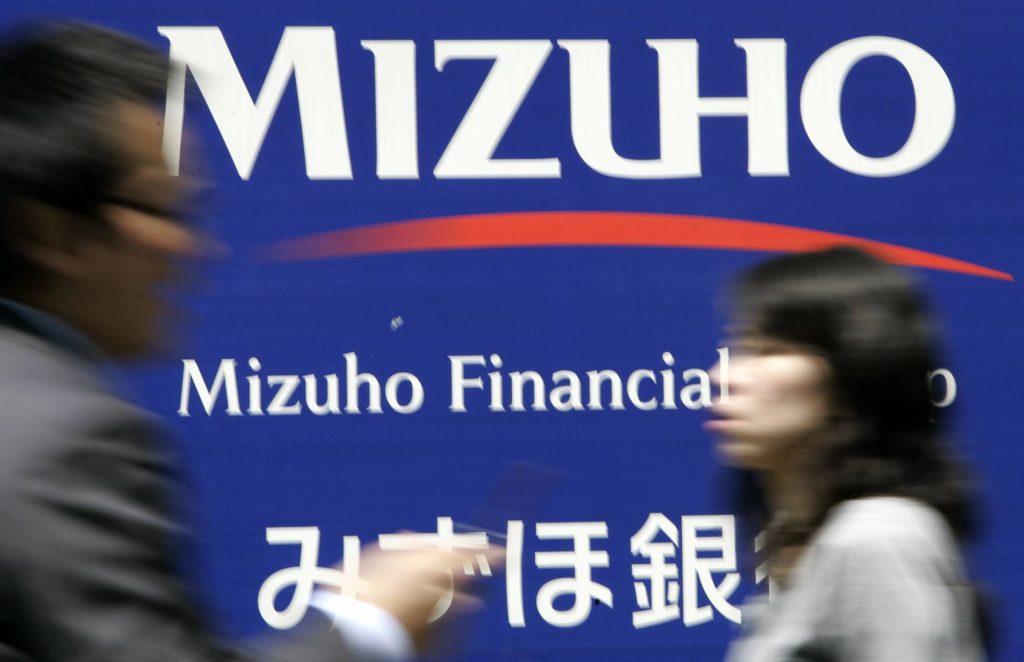Mizuho is NOT launching a new cryptocurrency. The rumor about the projects of the largest bank in Japan is deflated.
In recent days several media have reported that the Japanese Mizuho, the largest bank in the country, and dozens of other operators, would be keen to launch a new blockchain asset. Stanod as Quartz now specifies, however, these reports are false: J-Coin i Mizuho has nothing to do with cryptocurrency or even with the blockchain more generally.
J-Coin it is an effort to modernize the Japanese economy, an economy in which about 4 out of 5 transactions still take place in cash, placing it far below the rest of the world in terms of adopting electronic payment. In neighboring China, for example, the WePay of Tencent, a system based on a QR code that integrates with the user's bank account, and which allows you to pay for goods instantly, is widely used. Nothing is more common than AliPayhowever, it has over 700 million users out of over 1 billion residents in China.
Several factors contribute to the low rate of adoption of electronic payments in Japan. First, negative and low interest rates have likely encouraged the Japanese to accumulate their cash. Secondly, the country has one of the lowest crime rates in the world - people are more comfortable carrying cash around. Finally, the Japanese population is older than most - only the Principality of Monaco is more than 47 years old on average in Japan. Digital payments and smartphones are most popular among young people.
J-Coin therefore wants to modernize this context, but has no intention of becoming one criptovaluta. But why then did this rumor feed? In fact, even the statements by Mizuho representatives to the media probably did not help, even going so far as to mention the possible existence of a digital currency platform.
However, the bank never actually said it would launch a blockchain product or stablecoin. Instead, he specified that he would create a digital payment network, the end result of which is J-Coin. A sort of native response to Samsung Pay, Apple Pay, Android Pay, AliPay, WePay, or any other form of payment.

